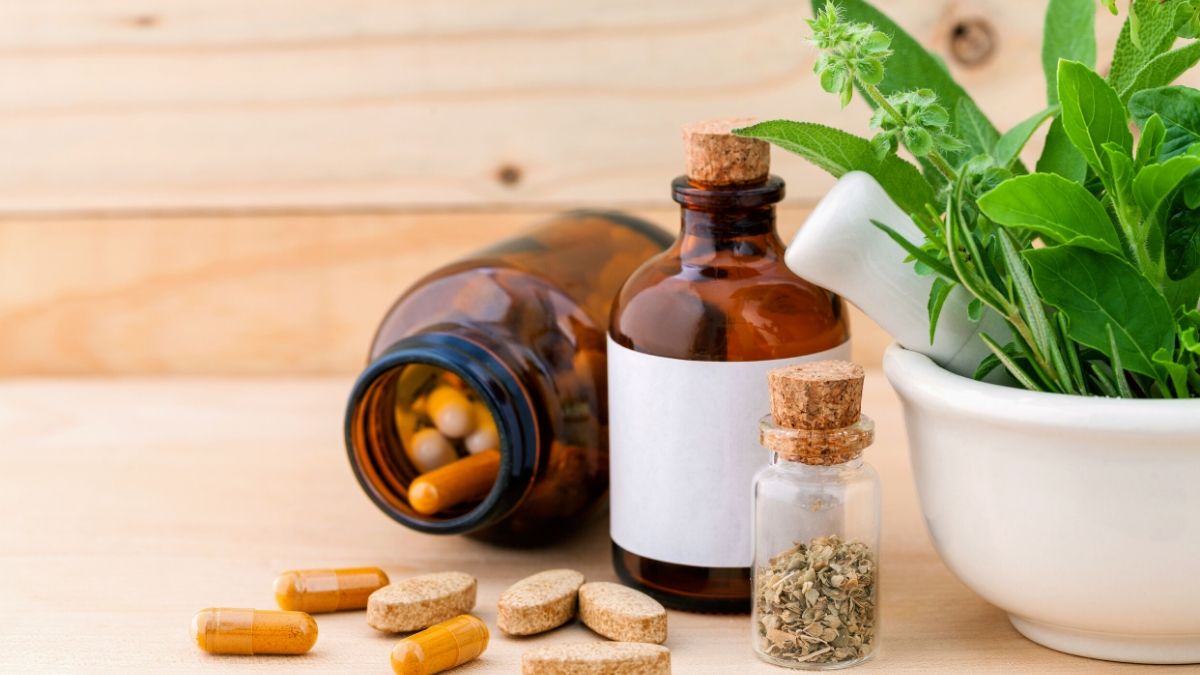Natural supplements for migraine
Different nutraceuticals and supplements have been studied for migraine prevention. These products are often perceived as safer and “more natural”. Overall, supplements are active substances and should be managed quite like medications.
A few comments can be made on supplements.
- There are multiple brands of supplements. It’s important to verify that the correct dose is used. The number of pills, capsules, grams of powder etc required may vary.
- For magnesium, different kinds exist and some forms (like oxide) are not proven for migraine prevention. Citrate and glycinate are preferred.
- As the doses used for prevention are quite high, it’s not very helpful to try to get these nutraceuticals through diet only.
- Supplements are often well tolerated, but still may have side effects.
- Supplements are not necessarily safe during pregnancy, you should discuss them with your health care provider
- The cost of supplements can be high, and they are not covered by many drug plans
- If a supplement works to prevent your migraine attacks, it should not be stopped abruptly as it can lead to a deterioration.
Table: Overview of nutraceuticals used for migraine prevention
*: Recommended by the Canadian Headache Society Guidelines
| Dose (may be divided in separate doses) |
Mechanism | Side effects | |
| Coenzyme Q10* | 300 mg/day | Plays a role in energy metabolism | |
| Magnesium* Citrate or glycinate | 600 mg/day | Stabilizes neuronal membrane Plays a role in energy metabolism | Diarrhea Gastro-intestinal cramps |
| Melatonin | 3 to 10 mg/day | Multiple actions on systems involved in migraine | Insomnia, headache, dizziness, nausea |
| Petasites Hybridus* Butterbur | 150 mg/day | Action on TRPA1 channels, proteins that are receptive to oxidative stress | Stomach upset and burping Concerns of liver toxicity, not used anymore |
| Tanacetum Parthenium Feverfew | 50-100 mg/day | Action on TRPA1 channels, proteins that are receptive to oxidative stress | May interact with medications like Coumadin |
| Vitamin B2* (riboflavin) | 400 mg/day | Plays a role in energy metabolism | Makes urine darker yellow |
| Vitamin D3 | 1000-4000 IU/day | Anti-inflammatory and antioxidant (there is less evidence to definitively support D3) | Can be toxic in excess of recommended doses |
Some brands (Migravent, Migrelief, many others) propose combinations of supplements, sometimes with other products for which there is not much evidence. Any trial should be done the way you would test a medication, with a diary, so you can make a decision based on facts.
REFERENCES
Gazerani, P., Fuglsang, R., Pedersen, J. G., Sørensen, J., Kjeldsen, J. L., Yassin, H., & Nedergaard, B.S. (2019). A randomized, double-blinded, placebo-controlled, parallel trial of vitamin D3 supplementation in adult patients with migraine.Current medical research and opinion, 35(4),715–723.
Rajapakse T, Pringsheim T. Nutraceuticals in Migraine: A Summary of Existing Guidelines for Use. Headache. 2016;56(4):808-16.
Orr SL. Diet and nutraceutical interventions for headache management: A review of the evidence. Cephalalgia. 2016;36(12):1112-33.
Post#904
Categories
THE MIGRAINE TREE
- BRANCHES
- ACUTE TREATMENTS
- DEVICES AND NEUROMULATIOIN
- PREVENTIVE TREATMENTS
- PROCEDURES AND INJECTIONS
- SELF-CARE AND LIFESTYLE
- SOCIAL LIFE
- TRUNK
- ROOTS
OTHER CATEGORIES




